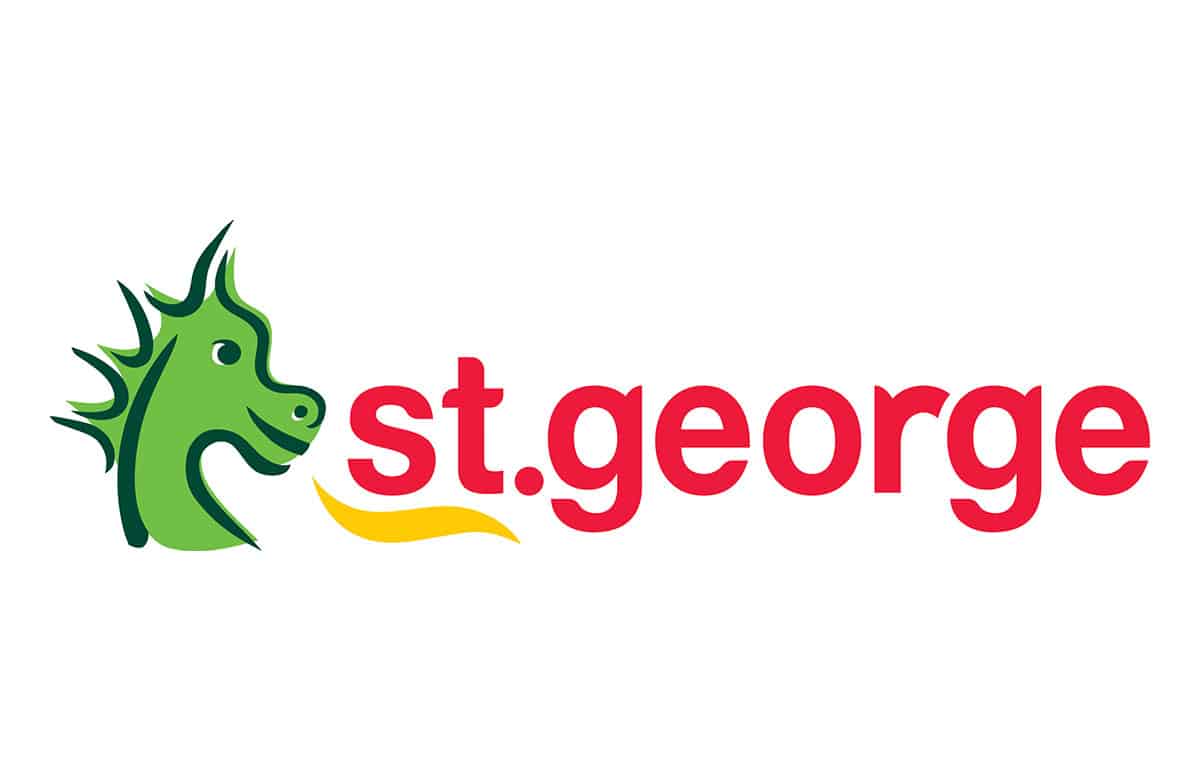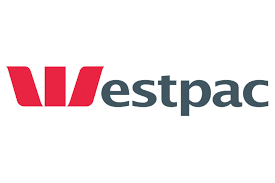Banks and financial institutions offer such incentives in the hope of gaining a new customer for life. Therefore, customers should also look long-term and judge whether the financial product they’re considering really does offer them tangible advantages. Here are the important points to consider when you’re thinking of switching:
Transaction accounts
The key words here are accessibility, compatibility and versatility. Make sure the transaction accounts you’re comparing have mobile apps which are compatible with your phone, smart watch, digital wallet and credit card. If you frequently use ATMs, make sure there are plenty near you which won’t charge you for using them.
Make sure the transaction account offers all the payment features you need and consider whether you want advanced account features such as rounding up, automatic transfers (called account sweeping) or budgeting tools. Of course, make sure you minimise the fees you’ll have to pay by choosing accounts which are fee-free or which offer a sufficient number of free transactions to enable you to bank at no cost.
Savings accounts and term deposits
The interest you earn on your savings is the key comparison point for savings accounts. Even a 0.2% p.a. difference in the interest rate can make a huge difference over the long term. If you have savings you feel you won’t need for a while, consider a term deposit instead of parking your money in a high-interest savings account.
Term deposits can offer a higher interest rate in return for locking up your savings for a specified period, ranging from one month up to several years. It’s also worth considering accounts which offer a bonus interest rate if certain deposit conditions are met, such as an additional 1.2% p.a. interest if you deposit $1,000 or more per month.
Some of these bonus offers are conditional on having a linked savings and transaction account, whereas others have no conditions attached. Compare interest rates with Savvy to make sure your money is working the hardest it can for you.
Business accounts
Whether you’re looking for the best business account for a small business or an SME, compare not only the interest rate offered on your savings but the fee structure of the transaction accounts you’re considering. Make sure the account you switch to offers all the functionality you need, is compatible with your accounting or payroll software and has a fee structure which minimises cost to your business.
For example, if you run a retail business and regularly have cash to bank, make sure the bank you choose has a convenient branch nearby and free facilities to deposit your takings. Banking transactions which involve a bank teller can charge up to $2.50 per transaction, so if you’re banking every day the fees can soon mount up. Similarly, if you regularly transfer large sums of money between accounts or internationally, make sure you can do this fee-free or as cheaply as possible to avoid unnecessary expenses which can eat away at your profits.













